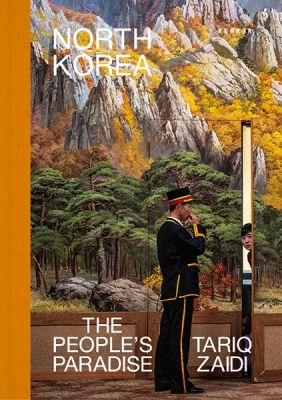In January 2020, North Korea officially closed its borders. But even before that date, photographing the enigmatic landscapes of North Korea posed immense challenges due to the regime's strict control and prohibition of unauthorised photography. However, from a vast archive of images captured painstakingly over two years, in this book Tariq Zaidi curates a selection of more than 100 remarkable photographs that offer a wider perspective on a society often misunderstood and overshadowed by stereotypes. North Korea is associated with its absolute rule under Kim Jong Un and state-controlled propaganda. Central to its political ideology is the philosophy of Juche, credited to Kim Il Sung. Juche emphasises self-sufficiency, independence, and the supremacy of the state over the individual. It permeates all aspects of society through propaganda, education, and cultural activities. However, North Korea demands a more humanistic understanding of its culture beyond politics. While most information about the country offers a one-dimensional perspective, photography emerges as a vital medium to grasp and appreciate its complexities. From Dandong (on the Chinese border) in the north to Kaesong and the Demilitarized zone (DMZ) in the south, across the country from Nampo and the capital Pyongyang on the west to Wonsan on the east coast and then north towards Hamhung, Chongjin and Hoeryong (near the Chinese-Russian border), the photographer immerses himself in diverse landscapes and cities to take a closer look at this country and its people. Zaidi's lens skilfully captures the resilience, spirit, and cultural nuances of the North Korean people in their everyday lives. Each photograph acts as a window into a hidden reality, unveiling the intricate interplay between tradition and modernity while illuminating the complex dynamics of a nation navigating its path amid global scrutiny.

